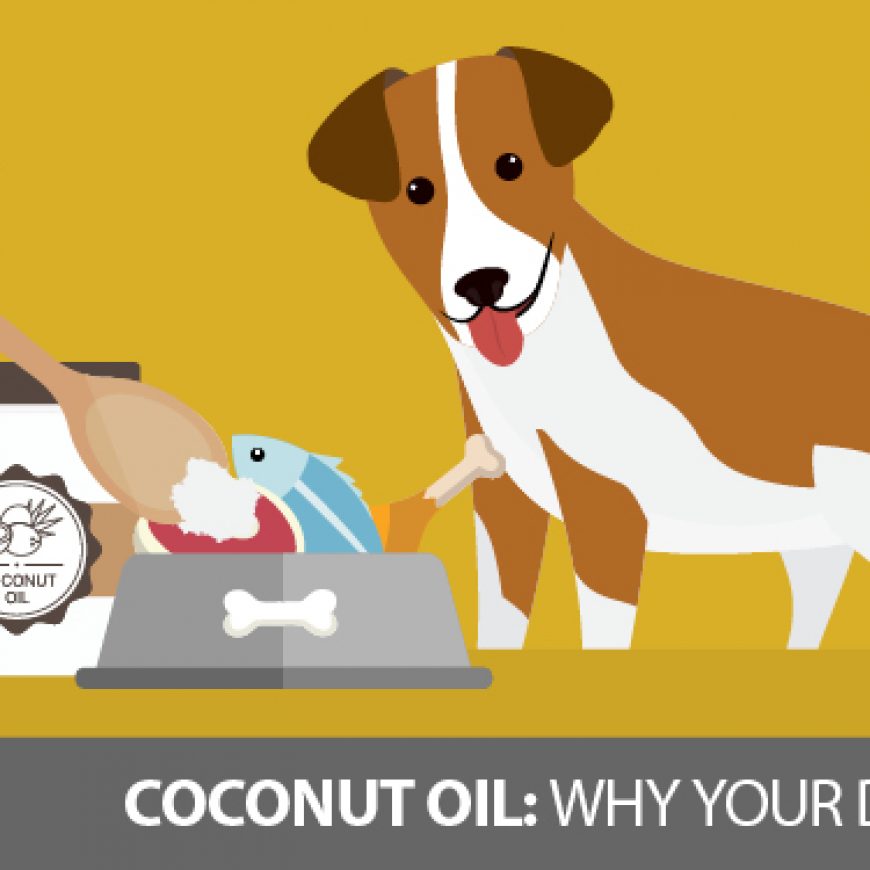Deep-fried foods have always been popular.
They are a part of many traditional cuisines, and are also a staple of the fast-food industry.
Unfortunately, deep frying is not exactly the healthiest cooking method, particularly when done on an industrial scale.
But deep frying at home certainly does not have to be unhealthy.
It largely comes down to the type of oil you use, and how you use it.
How Does Deep Frying Work?
Deep frying involves submerging a food in hot oil.
The ideal temperature is around 350-375°F (176-190°C).
When a food is submerged in oil of this temperature, its surface cooks almost instantly and forms a type of “seal” that the oil cannot penetrate.
At the same time, the moisture inside the food turns into steam, cooking the food from the inside. The steam also helps to keep the oil out of the food.
If the temperature is too low, the oil will seep into the food, making it greasy and sickening. If the temperature is too high, it can dry out the food and oxidize the oil.
Bottom Line: Deep frying works by submerging a food in hot oil, which instantly cooks the surface and traps the moisture inside the food.
The Stability of Cooking Oils is a Key Factor

Some oils can withstand much higher temperatures than others.
We want to choose oils that have a high smoke point, and we also want oils that are stable and don’t react with oxygen when heated.
The more saturated the fats in an oil are, the more stable they are when heated.
For this reason, oils that are mostly saturated and monounsaturated are best, but we want to avoid cooking oils that contain large amounts of polyunsaturated fats (1).
Polyunsaturated fats contain two (or more) double bonds in their chemical structure. These double bonds tend to react with oxygen and form harmful compounds when exposed to high heat.
Taste obviously matters as well. When deep frying, oils that have a “neutral” flavor are generally preferred.
Bottom Line: It is important to choose oils that consist mostly of saturated and monounsaturated fats, because these are the most stable at high heat.
The Winner: Coconut Oil is The Healthiest Oil For Deep Frying

Coconut oil is your best choice overall.
Studies have shown that even after 8 hours of continuous deep frying at 365°F (180°C), its quality does not deteriorate (2).
Over 90% of the fatty acids in coconut oil are saturated, which makes it very resistant to heat.
Saturated fats used to be considered unhealthy, but new studies show that they are a completely harmless source of energy for humans (3, 4).
Additionally, coconut oil has numerous health benefits. For example, it can help kill harmful bacteria and viruses, and may even help you lose belly fat (5, 6).
Keep in mind that some varieties can leave a coconut flavor or smell, so I recommend that you try a few different brands until you find one that is suitable.
Bottom Line: Coconut oil is very high in saturated fats, and is proven to handle hours of continuous deep frying without any changes in quality. It also has numerous health benefits, making it the best choice overall.
Lard, Tallow, Ghee and Drippings Are Also Great
Animal fats are also excellent choices for deep frying.

This includes fats like lard, tallow, ghee and fat drippings. They taste great, add crispness, and do not damage easily when fried.
The majority of fatty acids in animal fats are saturated and monounsaturated, making them very resistant to high heat.
However, the fatty acid content can vary, depending on the animal’s diet (7, 8, 9).
Animals that were fed grains, as opposed to pasture-raised or grass-fed animals, may have a lot more polyunsaturated fatty acids in their fat stores.
Therefore, only animal fats from naturally fed animals should be considered good choices.
You can buy ready-made lard or tallow from the store, or save the drippings from meat to use at a later time.
Butter is actually not a good choice for deep frying. It contains trace amounts of carbs and protein that burn when heated. Clarified butter and ghee are much better.
Bottom Line: Animal fats are largely made up of saturated and monounsaturated fats, making them suitable for high temperatures.
Several Other Good Choices

There are several other good options to consider.
Olive Oil
Olive oil is one of the healthiest fats on earth.
It is very high in monounsaturated fatty acids, which have only one double bond.
Like saturated fats, monounsaturated fats are highly resistant to heat.
One study found that olive oil can be used in a deep fryer for over 24 hours before it oxidizes excessively (10).
In theory, this makes it a great choice for deep frying. However, the flavor and fragrance of olive oil may not hold up well when heated for a long time.
Avocado Oil
The composition of avocado oil is similar to olive oil. It is primarily monounsaturated, with some saturated and polyunsaturated fats mixed in.
It has an extremely high smoke point (520°F/270°C) and a slightly nutty taste.
Peanut Oil
Peanut oil, also known as groundnut oil, has a high smoke point of about 446°F (230°C).
It is very popular for deep frying because of its neutral taste.
It also does not absorb the flavor of food, so it can be used repeatedly to fry different foods (11).
From a health perspective, however, peanut oil is not very desirable.
It is relatively high in polyunsaturated fats (about 32%), which makes it vulnerable to oxidative damage at high temperatures (12).
Palm Oil
Palm oil consists mostly of saturated and monounsaturated fats, making it a great choice for deep frying.
The flavor is said to be quite neutral, particularly the unrefined variety known as red palm oil.
However, serious concerns have been raised about the sustainability of harvesting palm oil.
Bottom Line: Olive oil and avocado oil are both good choices for deep frying. However, there are some problems with peanut and palm oils, so they are not recommended.
Fats and Oils That Should Not be Used For Deep Frying
There are several fats and oils that you should definitely not use.
This includes industrial vegetable oils.

These oils are extracted from seeds, and need to go through very harsh processing methods.
They are high in polyunsaturated fats, with a terrible Omega-6:Omega-3 ratio, and up to 4% of the fatty acids in them are toxic trans fats (13).
Not only should you avoid them for deep frying, but you should make an effort to avoid them altogether.
This includes, but is not limited to:
- Soybean oil.
- Corn oil.
- Canola oil (also called rapeseed oil).
- Cottonseed oil.
- Safflower oil.
- Rice bran oil.
- Grape seed oil.
- Sunflower oil.
- Sesame oil.
Using these oils for deep frying is likely to result in large amounts of oxidized fatty acids and harmful compounds (14). Avoid them like the plague.
Bottom Line: Industrial vegetable oils are unhealthy. They are unsuitable for deep frying because of the high amount of polyunsaturated fatty acids.
Deep Frying Still Adds Calories, so Don’t do it Too Often

Compared to other cooking methods, deep frying will add a lot of calories.
The extra calories typically come from any batter used (such as flour) plus the oil that sticks to the food after cooking.
One example:
- Deep-fried chicken wing: 159 calories and 11 grams of fat (15).
- Roasted chicken wing: 99 calories and 7 grams of fat (16).
It is not surprising to see that consumption of deep-fried foods is linked to weight gain, especially in people with a family history of obesity (17).
To minimize the extra calories, be sure that the food is cooked at the right temperature, and not longer than necessary.
Take Home Message
Ever since fat was demonized, deep frying has had a terrible reputation.
It is true that with the wrong oils, such as harmful vegetable oils, deep-fried food is most definitely bad for you.
But with the right oils, you can enjoy the occasional deep-fried treat (preferably home-made) without the guilt.
For certain foods, it can take the flavor to a whole new level.
Quotation: authoritynutrition.com

 English
English



Add Comment